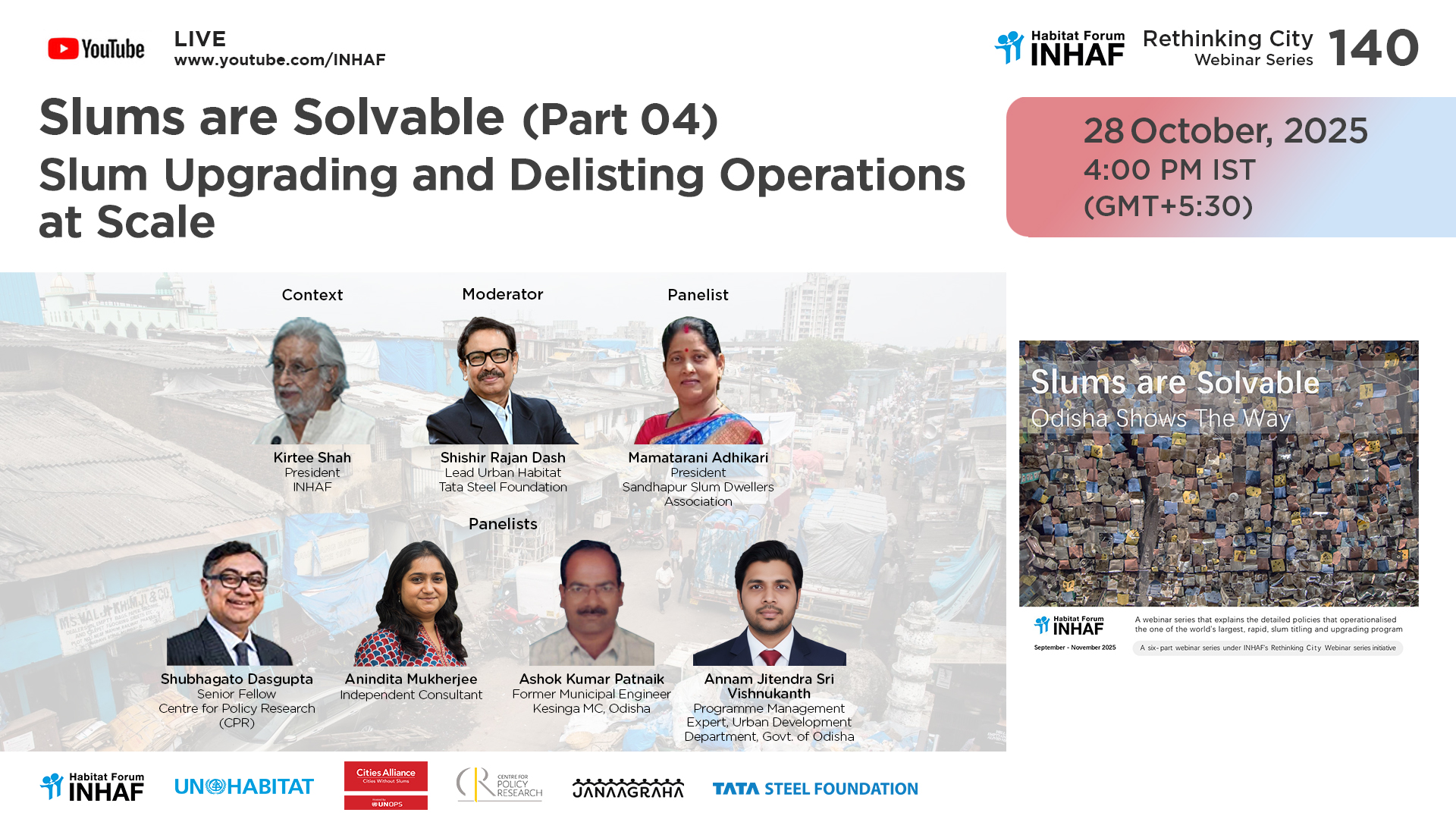
Speakers
-
 Anindita MukherjeeIndependent Consultant
Anindita MukherjeeIndependent ConsultantAnindita Mukherjee is an Urban Economist and Associate Fellow at the Centre for Policy Research, where she anchors research on land, planning, and housing intersections, with a focus on slum upgradation and inclusion of the urban poor. With over 18 years of experience, she has worked with national, state, and local governments, civil society, and international agencies such as DFID, GIZ, and the World Bank. Her expertise spans urban economics, land management, housing, sanitation, and urban basic services for marginalized communities.
-
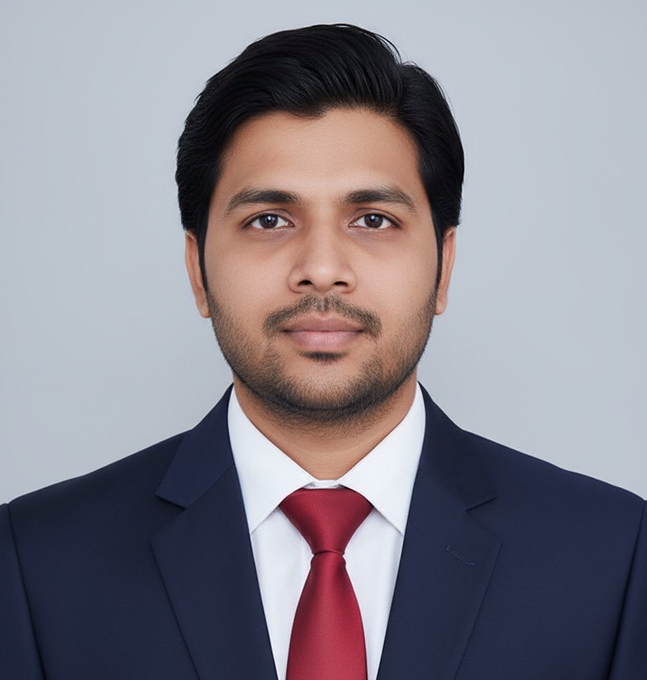 Annam Jitendra Sri VishnukanthProgramme Management Expert- SHAHJOG & ANKUR, Urban Development Department, Government of Odisha
Annam Jitendra Sri VishnukanthProgramme Management Expert- SHAHJOG & ANKUR, Urban Development Department, Government of OdishaAnnam Jitendra Sri Vishnukanth is an Architect–Urban Planner with over eight years of experience in urban development, housing, and spatial planning. He has played a pivotal role in Odisha’s Jaga Mission, the world’s largest slum titling and upgrading initiative, where he led the design and implementation of New Liveable Habitats for settlements on untenable and objectionable lands. His work emphasizes the creation of inclusive, climate-resilient, and community-driven urban environments. Vishnukanth has contributed to the formulation of Standard Operating Procedures (SOPs) for New Liveable Habitats and Slum-Proof Cities, and currently serves as Programme Management Expert – SAHAJOG & ANKUR with the Housing and Urban Development Department, Government of Odisha. He holds a Master’s in Urban Planning from the School of Planning and Architecture, New Delhi.
-
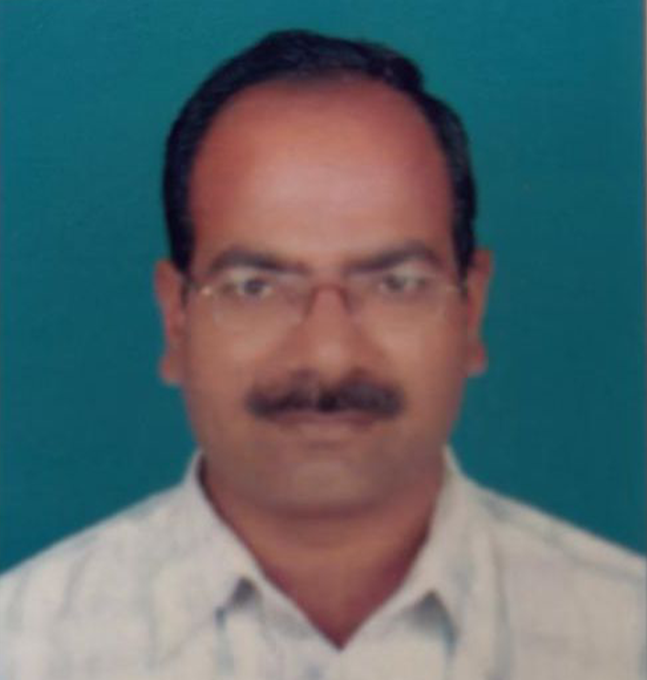 Ashok Kumar PatnaikFormer Municipal Engineer, Kesinga MC, Odisha
Ashok Kumar PatnaikFormer Municipal Engineer, Kesinga MC, OdishaSri Ashok Kumar Patnaik is a Civil Engineer with a Master’s degree in Structural Engineering, currently serving as a Municipal Engineer under the Housing and Urban Development Department in Urban Local Bodies. With 17 years of professional experience, he has worked extensively across planning, design, and execution of diverse urban infrastructure projects.
His notable contributions include the Slum Development & Relocation Project at Kesinga NAC, an innovative initiative that provided secure housing solutions to families displaced from railway land — now recognized as a model for sustainable urban rehabilitation.
With strong structural engineering expertise, he has designed and supervised residential, commercial, and public infrastructure works, specializing in RCC design, foundations, superstructures, and retrofitting.
He has also been actively involved in urban infrastructure development across several Urban Local Bodies, covering roads, drainage, water supply, public amenities, smart parks, and community facilities. His hands-on experience in project execution and monitoring ensures quality, cost-effectiveness, and timely completion of government-funded works. -
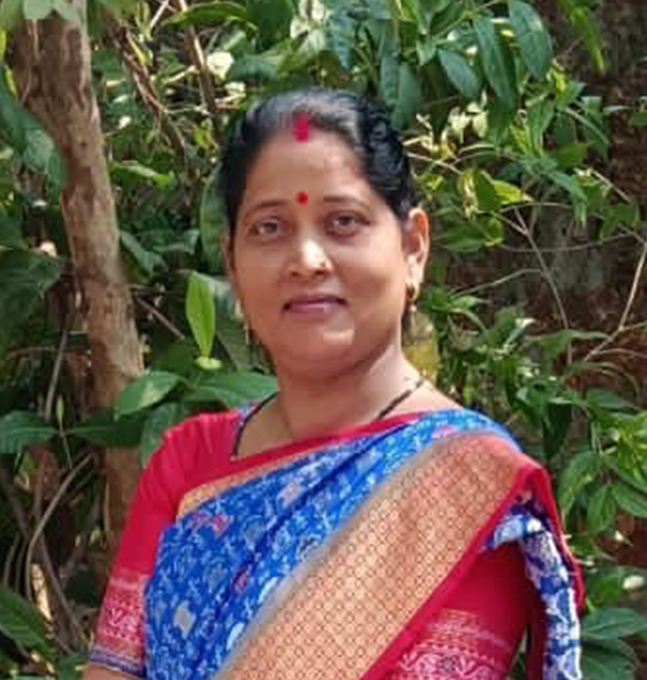 Mamatarani AdhikariPresident- Sandhapur Slum Dwellers Association
Mamatarani AdhikariPresident- Sandhapur Slum Dwellers Association -
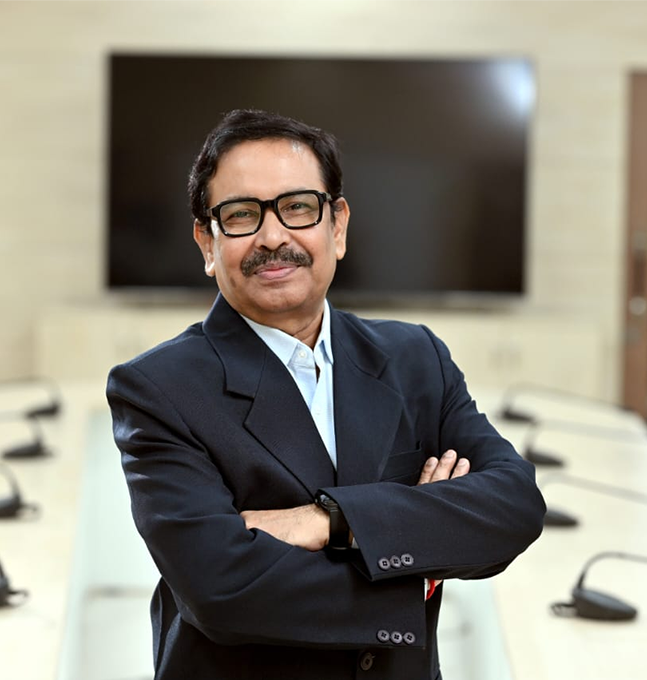 Shishir Ranjan DashLead Urban Habitat, Tata Steel Foundation
Shishir Ranjan DashLead Urban Habitat, Tata Steel FoundationShishir Dash leads the Urban Habitat portfolio at Tata Steel Foundation, where he focuses on inclusive urban development and strengthening community-led solutions in housing, infrastructure, and basic services. His work emphasizes sustainable models that improve the quality of life for urban poor and marginalized communities.
-
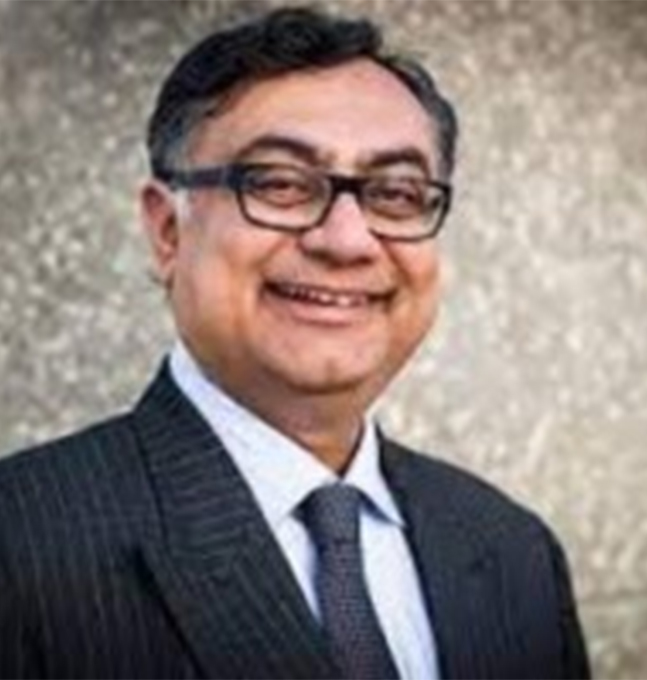 Shubhagato DasguptaSenior Fellow, Centre for Policy Research (CPR)
Shubhagato DasguptaSenior Fellow, Centre for Policy Research (CPR)Shubhagato Dasgupta is a Senior Fellow at CPR and heads the Scaling City Institutions for India (Sci-Fi) Sanitation initiative. His research focuses on drinking water and sanitation in India and globally, particularly on flagship government programs, service delivery challenges in smaller cities, urban infrastructure financing, and housing and slum rehabilitation. He previously led the Support to National Policies for Urban Poverty Reduction project and has held senior roles at the World Bank, IDFC, HUDCO, and other institutions, as well as worked on urban water and sanitation projects in Africa. Trained as an architect at CEPT University, he holds an MSc from UCL and is currently pursuing a PhD at the University of Amsterdam.
Local Time
- Timezone: America/New_York
- Date: Oct 28 2025
- Time: 6:30 am
Slums are Solvable (Part 04): Slum Upgrading and Delisting Operations at Scale
Slums are Solvable Webinar Series
Recognising the scaling potential of the Jaga Mission and its excellency in promoting the coordination of key stakeholders in the development and distribution of resources, knowledge sharing, and joint implementation.
The agencies included are INHAF, Tata Steel Foundation, the Centre for Policy Research, and Janaagraha Centre for Citizenship & Democracy, along with the UN-Habitat and Cities Alliance, have come together to organise a webinar series to provide input and insights to local, national, and international debates on how to facilitate and scale participatory and integrated approaches for slum transformation.
• The primary overall objective of the series is to deep dive into the detailed policy and programmatic work undertaken under the Jaga Mission to solve challenges faced by slum dwellers. By assembling this information, the webinar series will also act as an archive of this work. The organizing committee is also keen to try to raise resources to produce a publication out of this effort.
• This webinar series will also act as an opportunity for stakeholders across the sectors of housing and basic services, especially from Indian cities, to familiarize themselves with practical planning and management instruments that are available and that can be employed to rapidly solve issues related to inadequate housing and transform poor habitats in slums at scale.
Webinar 04: Slums are Solvable: Slum Upgrading and Delisting Operations at Scale
The fourth webinar will examine the interplay between land tenure rights and slum upgrading in Odisha’s cities, focusing on how the state addressed land rights issues in areas beyond direct government control. It will highlight solutions such as new habitat development and inter-departmental coordination that enabled land exchanges, including cases involving slums on forest and private lands.
The session will also discuss challenges encountered, the evolution of Land Entitlement Certificates (LECs) in both small and large cities, key constraints, and how the provision of Beneficiary-Led Construction subsidies has further strengthened these processes.
